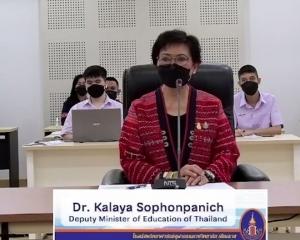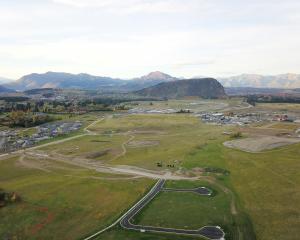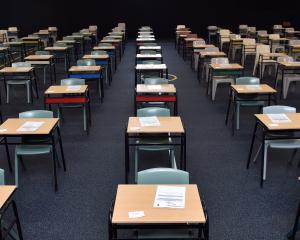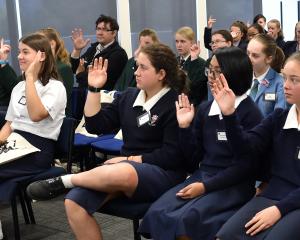Dr Chris Linsell, of the University of Otago College of Education, will lead the project, with St Hildas Collegiate and Kings High School, to develop approaches to teaching year 9 and 10 pupils algebra.
"I'm very focused on algebra. I perceive it as an area that needs development," he said.
The project received $190,000 of funding for two years from the Teaching and Learning Research Initiative (TLRI).
It was one of three projects based in Otago to receive funding this year, along with six others nationwide.
Dr Linsell believed having three of nine funding grants go to Otago was "quite a coup".
As many pupils struggled to learn algebra, and little was known about the strategies they used to solve problems, the project aimed to understand how pupils learned, allowing teachers to tailor their teaching methods.
Primary-school pupils' developmental focus was on numbers, and they struggled to move on to the more abstract area of algebra, he said.
Many high-school pupils did not understand algebra and tended to lose mathematics at a high-school level.
"Other areas of higher learning in mathematics depend on algebraic thinking," he said.
The project builds on another started in 2006, which also received TLRI funding.
It developed a diagnostic interview tool to find out how pupils were solving equations.
This advanced into two written tests, which were completed by about 1300 year 9-11 pupils this year, results of which were still being analysed.
The next two years of work will make use of this information, as two teachers from Kings High and two from St Hildas will, from next year, film themselves teaching in the classroom and analyse engagement levels of pupils.
The intention is to build a collection of teaching activities.
Another project which received funding would look at blended forms of learning.
The College of Education and OtagoNet project hoped to explore the experiences of pupils involved in the OtagoNet video-conferencing and what learning outcomes it created.
The project received $100,000 over one year.
The university also paired with the University of Auckland, University of Waikato and the University of Canterbury to enhance understanding about how student teachers learn to use assessment in pupils' learning.
The project received $450,000 over three years.
The TLRI received $1.9 million this year, and nine New Zealand projects were apportioned.











